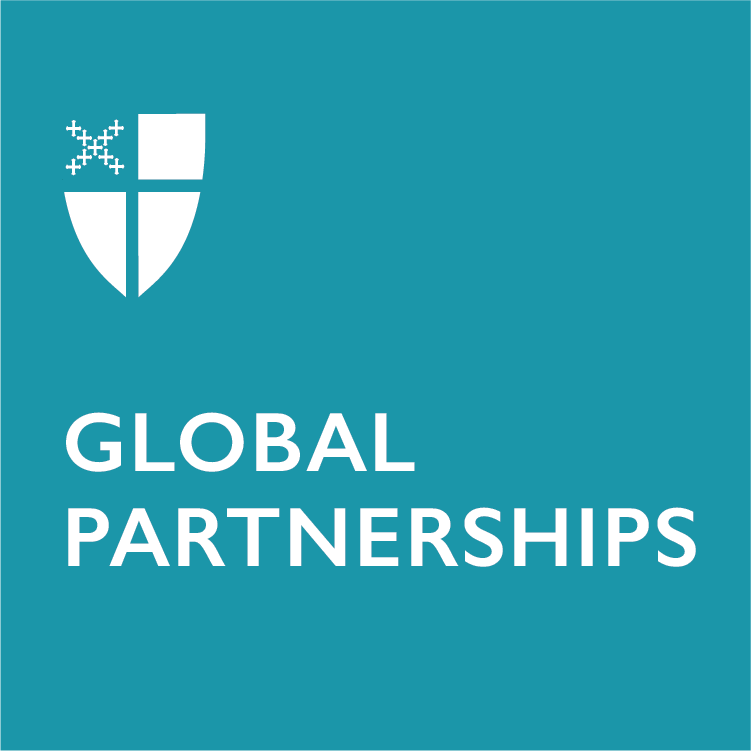Today, Day 7 in the 16 Days of Activism against Gender Violence, is also the 25th annual World AIDS Day and the first day of Advent. Gender-based violence is a pervasive reality across the globe, and affects both women and men. Women who inject drugs, female sex workers, and transgender people are often those most affected. Additionally, according to some figures, around 150 million girls under the age of 18 have experienced some form of sexual violence, with many never disclosing their traumatic experience.
The link between gender violence and HIV/AIDS is well established. According to a recent report of the Joint UN Programme on HIV/AIDS (UNAIDS), the UN agency leading the response to the AIDS epidemic, research has clearly linked intimate partner violence and HIV, with women subject to intimate partner violence 50% more likely to acquire the virus. Every hour, 50 young women become newly infected with HIV. According to the UN World Health Organization (WHO), about one in three women around the world experience physical and/or sexual violence by a partner or sexual violence by a non-partner.
Such a clearly established link led, in 2011, to the Political Declaration on HIV and AIDS between UN Member States, which pledged to eliminate gender inequalities, gender-based abuse and violence, and to protect women from the risk of HIV infection. To continue to counteract the AIDS epidemic, UNAIDS has called for an end to gender violence which, besides violating human rights, also increases the risk of HIV infection.
Certainly, there has been improvement in the care for people infected with HIV/ ADIS such that we are now living in a time where people are truly “living with” AIDS, rather than dying. Yet millions around the world still live in a state of suffering, stigmatization, ostracism, and fear.
So how do we as Christians, and as the Church, respond to Christ’s call to be agents of healing and proclaim the coming of the One who is the ultimate Healer? Perhaps one of the most important things we can do is simply to choose hope for ourselves and our fellow sisters and brothers who suffer. We can listen to those who need our care, proclaim that the One who heals has already come to save and heal the world, and cry out to God on behalf of those in need of prayer. As our Presiding Bishop Katharine Jefferts Schori said this past week in a joint statement for World AIDS Day with Presiding Bishop Elizabeth Eaton of the Evangelical Lutheran Church in America, “…let us recommit this World AIDS Day to activity and vigilance in order to hasten the coming of the transformation that is the future God dreams for all creation.”

